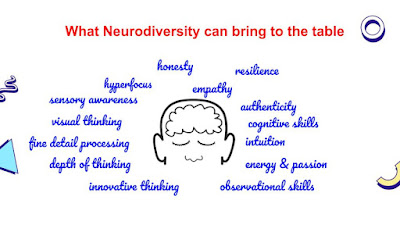Don't Can't Won't - Masking Camouflaging
Autistics engage in Masking
Autistics engage in Camouflaging
Attempts at passing muster, appear more "normal", make eye contact
........Effortful
........All verily exhausting
........ Very very exhausting
Contributors to Autistic Burnout.
Meltdowns and Autistic Burnout
Burnout, Burnout.
BUT, NonSpeaking Autistics
... Don't possibly Mask
... Can't possibly Camouflage
Why it is quite certain that Nonspeakers
....Won't experience Burnout.
ONLY Meltdowns, but NOT Burnout!
They don't, they can't, they won't
Déjà vu
...Don't
...Can't
...Won't
...Not Possible, No agency!!
Sorrowful words oft heard before
Ableist terminology. Disappointing!!
Reality!!
We struggle as all autistics do
Attempts at masking and camouflaging
Sometimes it works, we pass muster
Other times, its a Partial No-Go
maybe even a Total "Oh-No!!"
Masking and Camouflaging
Walk without stares in society
No one likes to be gawked at
Fly under the radar is often the goal.





